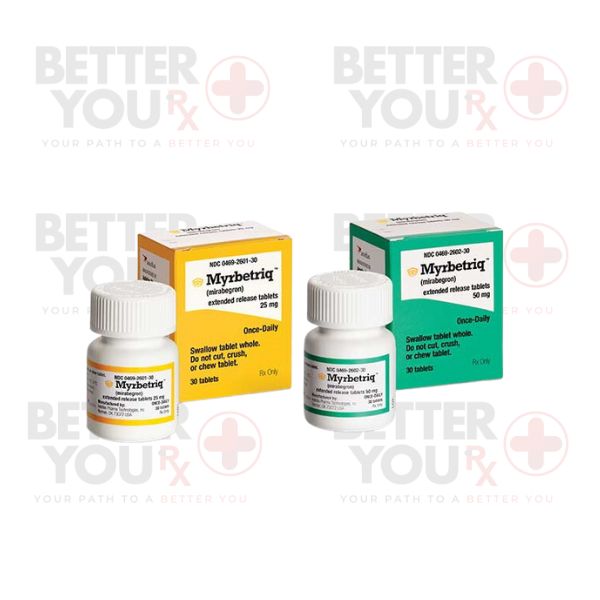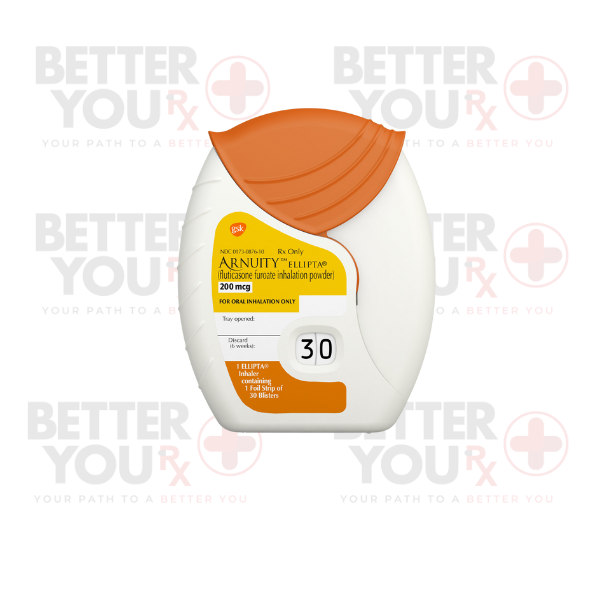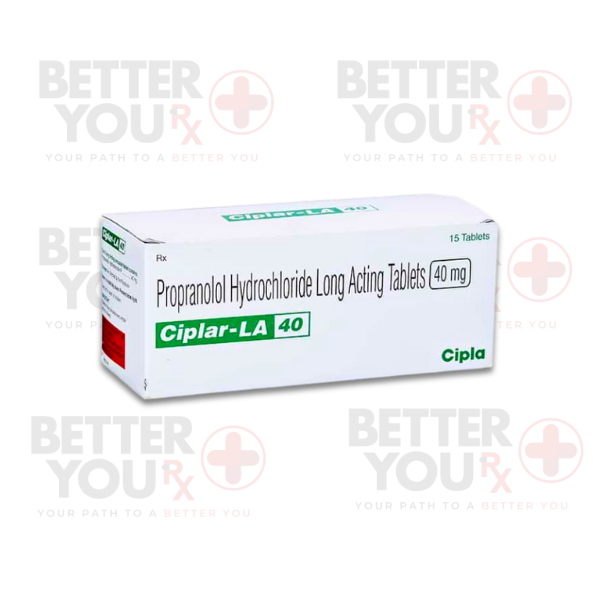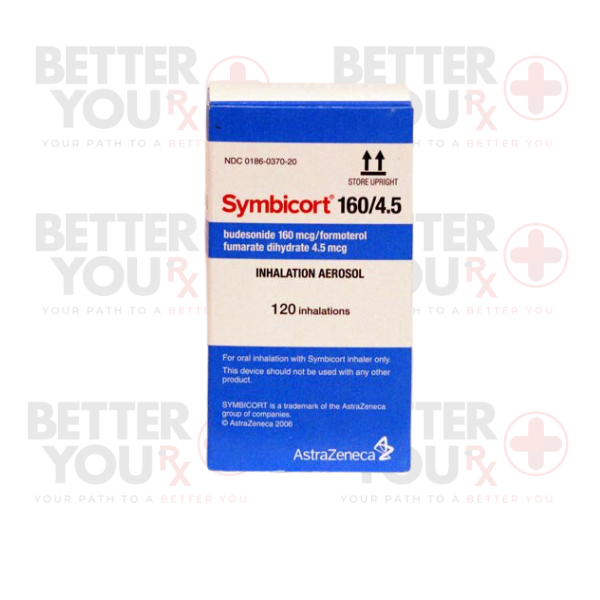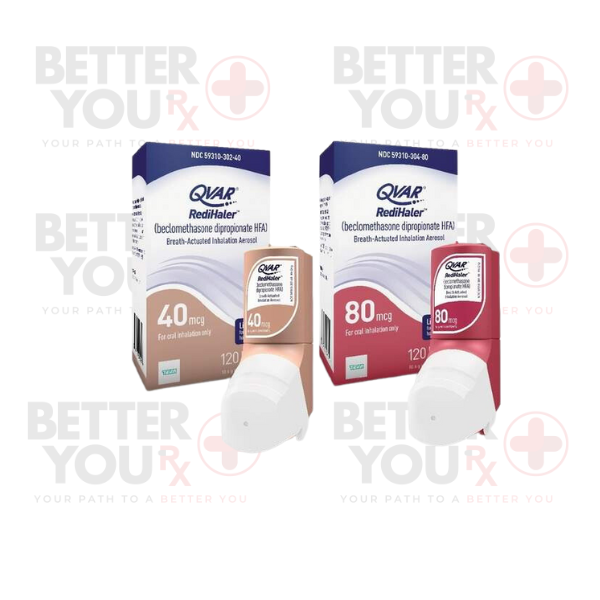| Usage |
Usage
Difluprednate ophthalmic is available in liquid form as an emulsion, intended for application to the eye. Below is a comprehensive step-by-step guide to help you use it efficiently:
1. Hand Hygiene: Start by thoroughly washing your hands with soap and water.
2. Check the Dropper Tip: Examine the dropper tip to ensure it's not damaged, chipped, or cracked.
3. Prevent Contamination: Avoid any contact between the dropper tip and your eye, skin, or any other surfaces. It's crucial to keep both the eye drops and the dropper clean.
4. Position Your Eye: Tilt your head back slightly and gently pull down the lower eyelid with your index finger, creating a small pocket.
5. Hold the Dropper: With your other hand, hold the dropper close to the eye, making sure not to touch the eye's surface.
6. Administer the Drop: Look upward and gently squeeze the dropper to release a single drop into the pocket formed by the lower eyelid. Lift your index finger away from the lower eyelid.
7. Keep Your Eye Closed: Close your eyes for about 2 to 3 minutes, and tilt your head downward as if you were looking at the floor. Try not to blink or squint.
8. Apply Pressure: After administering the drop, gently press your finger against the tear duct located near the inner corner of your eye.
9. Wipe Excess: Use a tissue to wipe away any excess liquid from your face.
10. Multiple Drops: If you need to use more than one drop in the same eye, wait at least 5 minutes before applying the next drop.
11. Secure the Cap: Replace and firmly tighten the cap on the dropper bottle. Avoid wiping or rinsing the dropper tip.
12. Final Hand Wash: Conclude by washing your hands to remove any residual medication.
Always follow your doctor's instructions precisely, and if you suspect that the eye drops have become contaminated, contact your healthcare provider or pharmacist promptly.
|
| Side Effects |
Side Effects
Certain side effects can be severe. If you encounter any of these symptoms or those detailed in the SPECIAL PRECAUTIONS section, it's imperative to contact your healthcare provider immediately:
1. Blurred vision
2. Decreased vision
3. Sensation of glare from lights or sunlight
Long-term use of Difluprednate eye drops may heighten the risk of developing glaucoma. If you find yourself using Difluprednate eye drops for 10 days or more, your doctor will likely monitor your eye pressure. It is essential to have a discussion with your physician regarding the potential risks associated with the use of this medication. Additionally, Difluprednate eye drops may lead to other side effects, so do not hesitate to reach out to your doctor if you encounter any unusual issues while using this medication.
|
| Storage |
Storage
to ensure the safe storage and disposal of this medication, follow these guidelines:
1. Original Packaging: Keep this medication in its original bottle, place it inside the protective carton, and make sure it's tightly closed. Store it at room temperature, away from excessive heat and moisture. Avoid storing it in the bathroom, and do not freeze it.
2. Child Safety: Ensure that the medication is out of reach of children. Many containers, including those for eye drops, creams, patches, and inhalers, are not child-resistant and can be easily opened by young children. To prevent accidental ingestion, always lock safety caps and promptly place the medication in a secure location that is both out of sight and out of reach for children.
3. Disposal: Do not flush this medication down the toilet. Instead, dispose of it in a manner that ensures it cannot be consumed by pets, children, or others. The recommended approach is through a medicine take-back program. Consult your pharmacist or get in touch with your local garbage/recycling department to inquire about available take-back programs in your area.
It is essential to be vigilant in keeping all medications secure and inaccessible to children, as accidental ingestion can have serious consequences. Always take the necessary precautions to protect young children from potential poisoning incidents.
|
| Special Precaution |
Special Precaution
Before starting to use difluprednate eye drops, it's crucial to take the following precautions:
1. Allergies: Inform your doctor and pharmacist if you have allergies to difluprednate, other steroid medications, any other drugs, or any of the components present in difluprednate eye drops. You can request a list of the ingredients from your pharmacist.
2. Medications and Supplements: Let your doctor and pharmacist know about all your prescription and non-prescription medications, vitamins, dietary supplements, and herbal products. Your doctor might need to adjust your medication dosages or monitor you closely for potential side effects.
3. Timing with Other Eye Drops: If you're using another type of eye drop medication, make sure to administer them at least 10 minutes apart.
4. Eye Infections: If you currently have any type of eye infection, your doctor will likely advise against using difluprednate eye drops.
5. Medical History: Inform your doctor about any history of glaucoma (a condition characterized by increased eye pressure leading to gradual vision loss) or herpes simplex virus (which causes sores on the face, lips, genitals, rectum, and can lead to eye infections).
6. Pregnancy and Breastfeeding: If you are pregnant, planning to become pregnant, or breastfeeding, discuss this with your doctor. It's essential to notify your doctor if you become pregnant while using difluprednate eye drops.
7. Contact Lenses: If you wear contact lenses, your doctor may recommend not using them during your treatment with difluprednate eye drops.
8. Post-Surgery Considerations: Be aware that difluprednate eye drops may slow down the healing process after surgery, heighten the risk of specific complications following cataract surgery, and increase the likelihood of eye infections or exacerbate existing ones. Contact your doctor immediately if your pain and swelling do not improve or if you experience any of the following symptoms: eye redness, itching, tearing, discharge, sensation of a foreign object in your eye, seeing floating spots, sensitivity to light, or red, swollen, or crusty eyelids.
|


